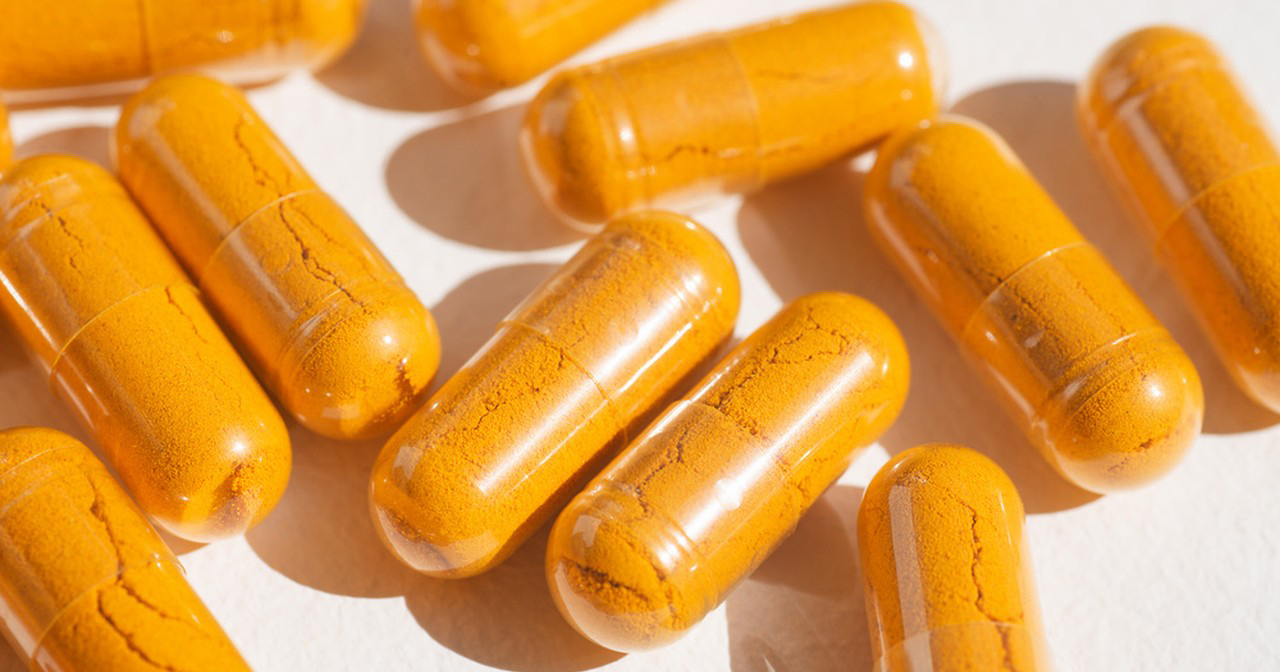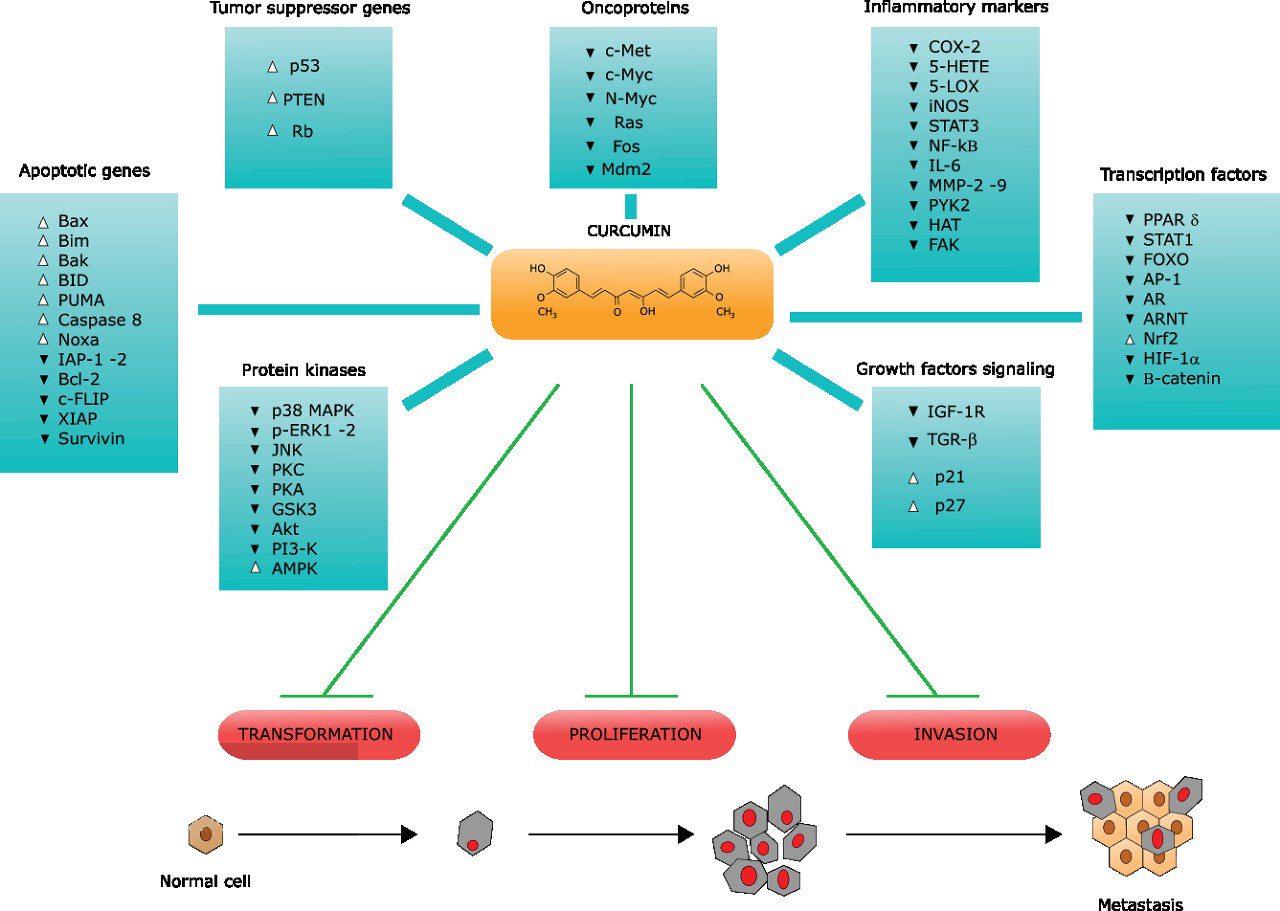Curcumin is a naturally occurring compound found in the root of the turmeric plant (Curcuma longa). It is known for its vibrant yellow color and has been used for centuries in traditional medicine, particularly in Ayurveda and traditional Chinese medicine. Curcumin is often touted for its potential health benefits, including its anti-inflammatory and antioxidant properties.
Research into the potential health effects of curcumin has gained significant attention in recent years, and while there is some evidence to suggest its beneficial effects, it’s important to note that many studies are still in their early stages, and more research is needed to fully understand its curative effects.

Here are some of the potential curative effects of curcumin:
Anti-Inflammatory Properties: Curcumin has been shown to possess anti-inflammatory properties that may help reduce inflammation in the body. Chronic inflammation is thought to contribute to various health conditions, including cardiovascular diseases, neurodegenerative disorders, and certain types of cancer.
Antioxidant Effects: Curcumin is a powerful antioxidant, which means it can help neutralize harmful molecules called free radicals in the body. Antioxidants are important for protecting cells and preventing oxidative stress, which is associated with aging and various diseases.
Pain Relief: Some studies suggest that curcumin might have pain-relieving properties and could be beneficial for individuals with conditions like osteoarthritis or rheumatoid arthritis. Its anti-inflammatory effects might contribute to this potential benefit.
Potential Cancer Prevention: Research has shown that curcumin may have anticancer properties by interfering with the growth and spread of cancer cells. It’s thought to work through various mechanisms, including reducing inflammation, inhibiting the growth of blood vessels that feed tumors (angiogenesis), and inducing programmed cell death (apoptosis) in cancer cells.
Brain Health: Curcumin’s potential to cross the blood-brain barrier has led to investigations into its effects on neurodegenerative diseases like Alzheimer’s and Parkinson’s. Some studies suggest that curcumin might help clear amyloid plaques and reduce inflammation in the brain, though more research is needed to confirm its efficacy.
Digestive Health: Curcumin may have a positive impact on digestive health by promoting healthy digestion and reducing symptoms of irritable bowel syndrome (IBS) and inflammatory bowel disease (IBD).

Cardiovascular Health: Some research suggests that curcumin might help improve markers of heart health by reducing cholesterol levels, improving blood vessel function, and reducing inflammation, which are all factors related to cardiovascular disease.
Skin Health: Curcumin’s antioxidant and anti-inflammatory properties might have applications in skin health. It could potentially be used to manage conditions like psoriasis and acne due to its effects on reducing inflammation and promoting wound healing.
It’s important to note that while curcumin shows promise in various areas of health, its low bioavailability (the body’s ability to absorb and use it) has been a challenge in many studies. Researchers have been exploring ways to enhance its bioavailability through formulations and combination with other compounds.
Before considering the use of curcumin supplements, it’s advisable to consult with a healthcare professional, especially if you have preexisting health conditions or are taking medications, as curcumin might interact with certain medications. Additionally, a balanced diet rich in whole foods, including turmeric as a spice, can contribute to overall health.
